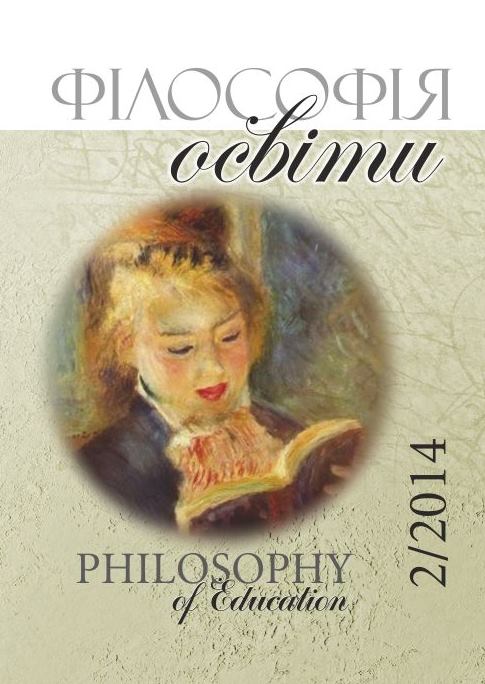Education and the doctrine of the Mean in Aristotle and in Confucius
Keywords:
Education, Mean, Aristotle, Confucius, Virtue, Excellence, Wisdom, KnowledgeAbstract
Aristotle and Confucius elaborate their theories on the basis of a complex apprehension of the ethical and political problem as one. The Greek and the Chinese philosopher focus on the importance of virtue, which signifies a passage from an initial understanding of communal life to a life with others that becomes self-fulfilling and facilitates self improvement and excellence. The individual goal is the same as the collective goal; this becomes the foundation of their educational schemes. By their doctrines on the Mean, the two thinkers focus on the acquisition of wisdom and knowledge, not as mere theoretical equipment but as guidance for practical purposes. Virtue is the capacity to preserve oneself in a perfect condition, one that will lead to a eudaimonistic and harmonious life. The Mean is the proper way that will create the right habit and will secure the right evolution of the human being towards its ideal condition. Thus the Mean becomes a golden rule for education, as education is an ongoing process until righteousness and phronesis become indispensable aspects in one’s personality.
Downloads
-
PDF
Downloads: 232
Published
How to Cite
Issue
Section
License
- Authors who publish with this journal agree to the following terms:
- Authors retain copyright and grant the journal right of first publication;
- Authors are able to enter into separate, additional contractual arrangements for the non-exclusive distribution of the journal's published version of the work (e.g., post it to an institutional repository or publish it in a book), with an acknowledgement of its initial publication in this journal.





